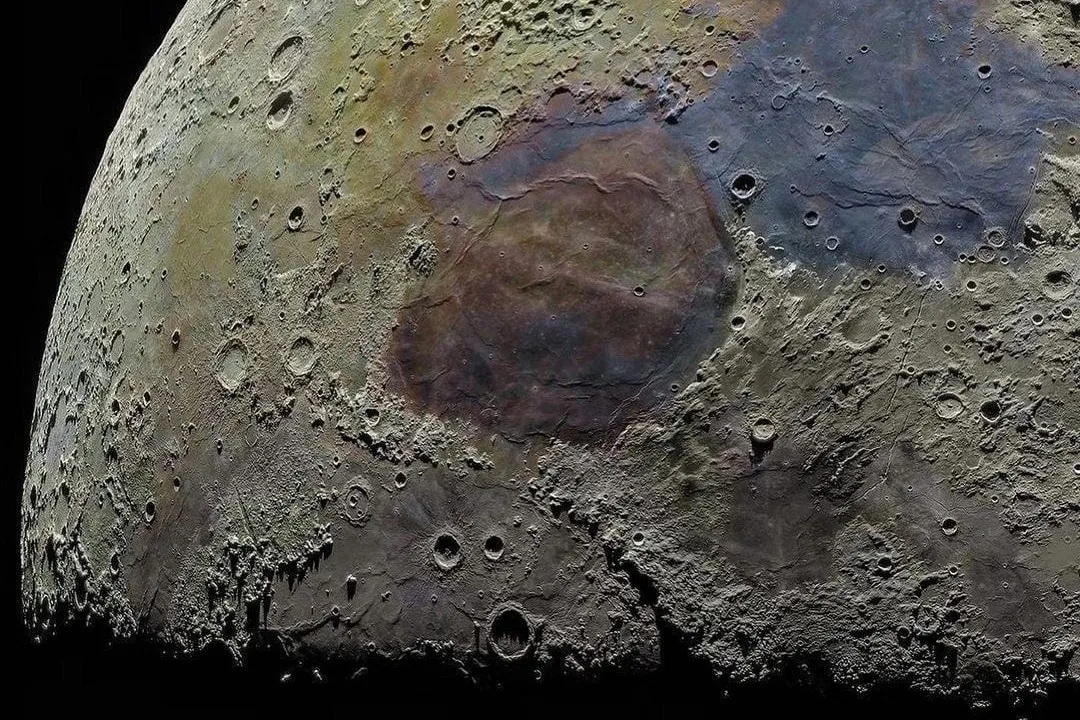Chinese President Xi Jinping convened a symposium to expand the development of the mega South-to-North Water Diversion Project on May 14. The South-to-North Water Diversion Project is composed of three routes, an eastern, a middle and a western route, that carry water from the water-rich south to the water-poor north regions of China. “The project has transferred over 40 billion cubic meters of water, directly benefitting about 120 million people and playing important roles in economic and social development and environmental protection,” Xinhua reported today.
The western route is now in the pre-construction stage and could add around 40 billion more cubic meters of water. Experts say it will balance growth potential among different regions.
By 2035, provincial regions like Shanxi, Beijing, Tianjin, and Shandong will each face 1 to 3 billion cubic meters of water shortages, which can be expectedly relieved by the western route, said Wang Guangqian, an academician with the Chinese Academy of Sciences.
Also, the diverted water will likely help treat large expanses of desertified lands along the middle to upper reaches of the Yellow River. This water could even turn them into fertile farmlands covering around 100 million mu.
The prospective economic yield from the future farmlands is greater than the cost of the western route project itself, according to Wang.
At the symposium, President Xi “stressed the need to analyze the new situation and tasks facing the South-to-North Water Diversion Project and push for the scientific planning and construction of the project to promote the effective and economical use of water resources.”
The central route of the South-to-North Water Diversion Project, 1400 km long, was presented as a model for the Transaqua water diversion project at the International Conference on Lake Chad in Abuja, Feb. 26-28, 2018. However, Transaqua, which is designed to replenish Lake Chad, will be 1,000 km longer and will transport 100 billion cubic meters of water.
CGTN Africa ran a technically accurate report on Transaqua on April 30, 2021, reflecting a renewed effort by Nigeria’s President Muhammadu Buhari and friends of the Schiller Institute to get the project moving after being stalled in the last two years.https://www.youtube.com/watch?v=TnA2KYGjJdg&t=201s
More momentum has been added by the appointment of Acheikh Ibn Oumar, a strong proponent of Transaqua, as Chad Minister for National Reconciliation. Ibn Oumar presented Transaqua at the June 13-14, 2015 international conference of the Schiller Institute in Paris.https://schillerinstitute.com/media/acheikh-ibn-oumar-le-lac-tchad-un-grand-projet-pour-les-brics/



